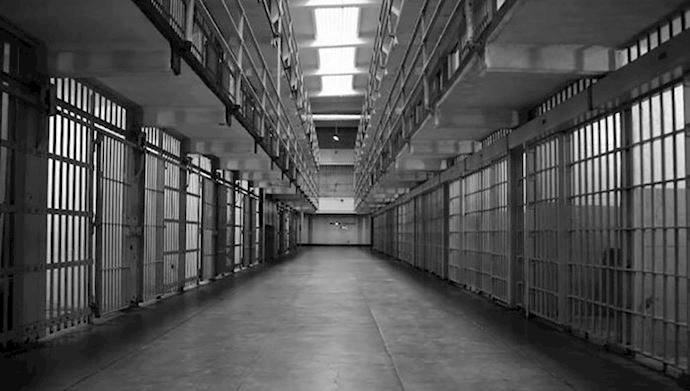Reporting by PMOI/MEK
Iran, February 19, 2020—The spokesperson for the Iranian regime’s judiciary declared on Tuesday that a court of appeals has upheld the prison sentences of eight environmentalists who have been collectively sentenced to 58 years in prison. The prisoners had been in detention since 2018. The move is seen as a bid by the Iranian regime to intimidate the public before the parliamentary elections, due on Friday.
Gholamhossein Esmaili, the judiciary spokesperson, said in a press conference that the sentenced environmentalists were involved in “a case of acting against national security” and are charged with espionage against the regime. The Iranian regime’s judiciary has a long history of using dubious “national security” and “waging war against god” charges to dole out heavy punishments to prisoners, especially political dissidents.
The regime ruling #Iran is the main reason why the country's environment is on the brink of utter destruction.#WorldEnvironmentDayhttps://t.co/joASf0Aftk
— People's Mojahedin Organization of Iran (PMOI/MEK) (@Mojahedineng) June 5, 2019
The judiciary has presented no evidence of espionage activity against the eight environmentalists, all of whom are members of the Persian Wildlife Heritage Foundation (PWHF), a private non-profit organization dedicated to the conservation and preservation of wildlife in Iran. The environmentalists were kept in the custody of the judiciary for several months without any charges, several in solitary confinement.
Niloufar Bayani and Morad Tahbaz were sentenced to 10 years in prison; Hooman Jowkar and Taher Qadirian to eight years; Sepideh Kashani, Sam Rajabi, and Amir Hossain Khaleqi to six years; and Abdolreza Kouhpayeh to four years. The court of appeals convened without the presence of the defendants’ lawyers.
Among the arrested environmentalists was Kavous Seyed-Emami, the founder of the PWHF. Seyed-Emami died in the custody of security forces under suspicious conditions in 2018. The regime claimed that Seyed-Emami had committed suicide, while there’s strong evidence that he was killed by the regime including medical reports indicating there were bruises on his body and signs of an injection. The regime never released autopsy reports and Seyed-Emami’s friends and family refused the claim that he had committed suicide.
There’s also precedent for the regime killing prisoners and later claiming they have committed suicide. Following the 2018 uprisings, Iranian authorities claimed that dozens of prisoners had committed suicide in prison, while reports indicated they were murdered under torture.
According to one report, Bayani was tortured for 1,200 hours by the Revolutionary Guards to make forced confessions. The interrogators also threatened her with sexual assault and said that she would share Seyed-Emami’s fate if she did not confess.
The Iranian regime’s judiciary is now headed by Ebrahim Raisi, who has a notorious background in punishing activists and dissidents. In the summer of 1988, Raisi played a pivotal role in the mass execution of more than 30,000 political prisoners, most of whom were members of the People’s Mojahedin Organization of Iran (PMOI/MEK). The judiciary has also had an active role in the killing and torturing of protesters during the November 2019 protests.
Following the protests, the judiciary resorted to torturing protesters to force them to confess against themselves.





